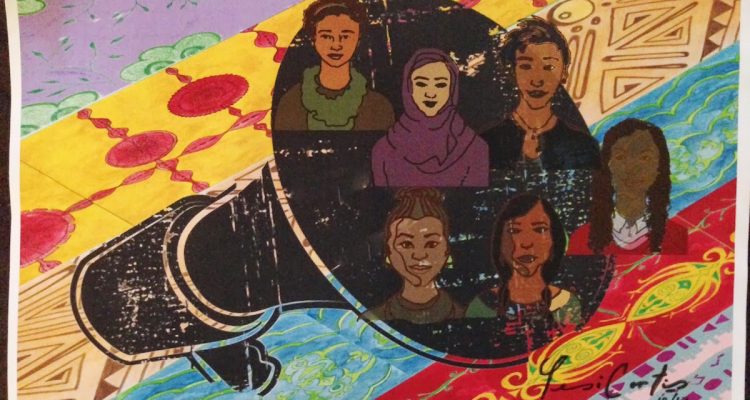Editor’s Note: originally published on RLC blog on October 14, 2019.
Around the moment when the hand of our historical clock was ticking from B.C. to A.D., Herod ruled Judea as a puppet of Rome. Granted the title “King of Judea,” he was trusted to underwrite the interest of his Roman backers. Herod claimed Judaism as his faith, though many Jews questioned his devotion due to his lavish, corrupt, and arguably compromised lifestyle.
His tyrannical reign was an icky mix of abused power and theology. He utilized secret police to audit his people’s analysis of him, restricted protests, and removed opponents. It can be said that Herod’s rule most notably contributed to erecting elaborate constructs (built to improve his reputation) as well as embedding within his people significant levels of pent up resentment and anger.
Does any of this sound familiar?
Meanwhile, in the hill country of Judah, a man of decent enough religious and societal privilege was being chosen by lot to burn incense in the temple. The elderly priest Zechariah, from the tribe of Aaron, was married to a barren woman. Elizabeth, despite her piety, lived in a world where the religious rule clearly stated that the obedient would be granted children by God. She lived her life under a faith narrative that undermined her faithfulness, that caused her very existence to communicate to God’s people that she must have been doing something wrong. The old story didn’t make enough room for folks like her. But something was stirring.
While fulfilling his priestly duties, Zechariah was met by an angel who announced that a child would be born to them who would make ready a people for the coming Messiah. Shortly after, Zechariah’s ability to speak was taken from him. Then comes the part I love . . .
Elizabeth — a brown-skinned, elderly, Middle Eastern woman raised during a time before women’s rights and in a twisted theocratic environment — was given the vision to carry. And not only was she entrusted with carrying that vision, but she was also entrusted with birthing it and naming it. When the baby was pushed into this world, wild and human and claimed, he was visited on the eighth day of life to be circumcised and named by the powers-that-be. “Zechariah,” they decided, because this was how it had always been. But Elizabeth knew something new was taking place.
“No!” She protested, “His name will be John.”
And in an ancient example of gaslighting, the leaders turned to Zechariah. She’s mistaken, yes? What should he really be called?
But because Zechariah knew, on some level, that a way in the wilderness and streams in the wasteland were on their way — because he knew that the new had to be grown, and birthed, and named by the marginalized so that the way of Jesus could be prepared — he scribbled out his confirmation. What she said.
Here, Zechariah knows that in this story of an evolving faith narrative, he is no longer at the center. He is also not unimportant to where it’s all headed or how it all gets there. But he goes from being the voice to the ear, then from the ear to the nod. His role, despite and because of his privilege, is to listen and then to support at a crucial moment in a changing world and faith.
We exist in a time of puppet politics, of religion-backed and excused corruption, of power so nasty and concentrated that it’s hard not to beg God to do something new. It’s also hard not to feel like something new is already stirring, giving us hope among the exhausting struggle. But who will birth the vision? Who will name what will lead us forward in the new narrative of faith?
It won’t be what it has been.
It won’t be the privileged.
It won’t be the folks given token invitations into the company of the old authority.
It will be the disempowered.
It will be the ones whose very existences were once deemed as a contradiction to God.
It will be those who move about the world in the margins, witnessing and cultivating the fruit of a forever backwards kingdom for the sake of where it’s all headed.
And those of us sopping with privilege? What can we do? I think it’s ok to take a note out of Zechariah’s book here. To listen and leverage. To hear and confirm. To let someone else grow and birth and name. To know that whatever is coming next is better than what has been. To trust the decentralization of our role. To find hope in a God who would care to do a new thing among us and with us…all.

